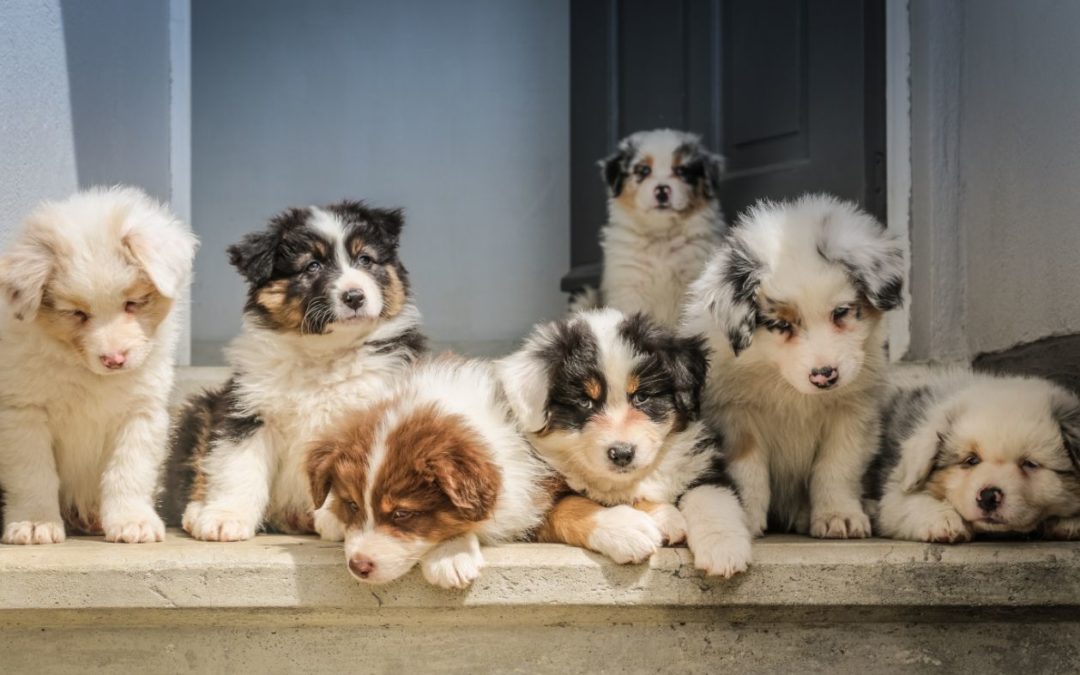Puppies are irresistibly cute, delightful to play with, and have an endearing curiosity. Apart from the fun stuff, though, they require some work! In particular, puppies need socialization and training to prevent behavior problems from developing. Socializing at a young age helps them better cope in new situations and around different people and animals. Here are our tips for socializing your little furry friend.
1. Take it slow
Your puppy is young and small, and many experiences are new to her. Meeting new people and animals may seem benign to you, but these situations can cause your puppy to become fearful and anxious. Don’t attempt to desensitize your pet by forcing her into scary situations, which may even backfire and lead to an even more anxious or aggressive dog. Slowly introduce your pup to new people and pets, and set boundaries to keep your dog comfortable.
2. Know the signs of stress
While introducing your puppy to new people, pets, and experiences, watch her closely for signs of fear, anxiety, or stress, including:
- Cowering or attempting to hide
- Hugging or holding onto you
- Nipping or snapping
- Growling or snarling
- Yawning
- Excessive lip licking
- “Whale eye” (head turned away, but eyes remaining on the perceived threat)
- Furrowed brow
- Raspy panting
- Shaking
- Drooling
If you notice these signs in your pet, remove her from the situation immediately. If your puppy is exhibiting signs of stress regularly, call our office for help.
3. Create positive experiences
Proper socialization is more than simply exposing your puppy to new experiences. Help your dog develop positive associations with new people, pets, places, and sounds by providing high-value treats or toys and plenty of praise during each new experience. Be sure to do this before your dog has decided that she’s scared. Veterinary visits and grooming appointments are great times to provide extra treats and praise for your pup. Also, attempt to introduce your dog to a variety of people and pets, including different species, breeds, genders, and ages.
We’re there for your pet through all stages of life! If you have any questions or concerns about caring for your puppy, contact us.

